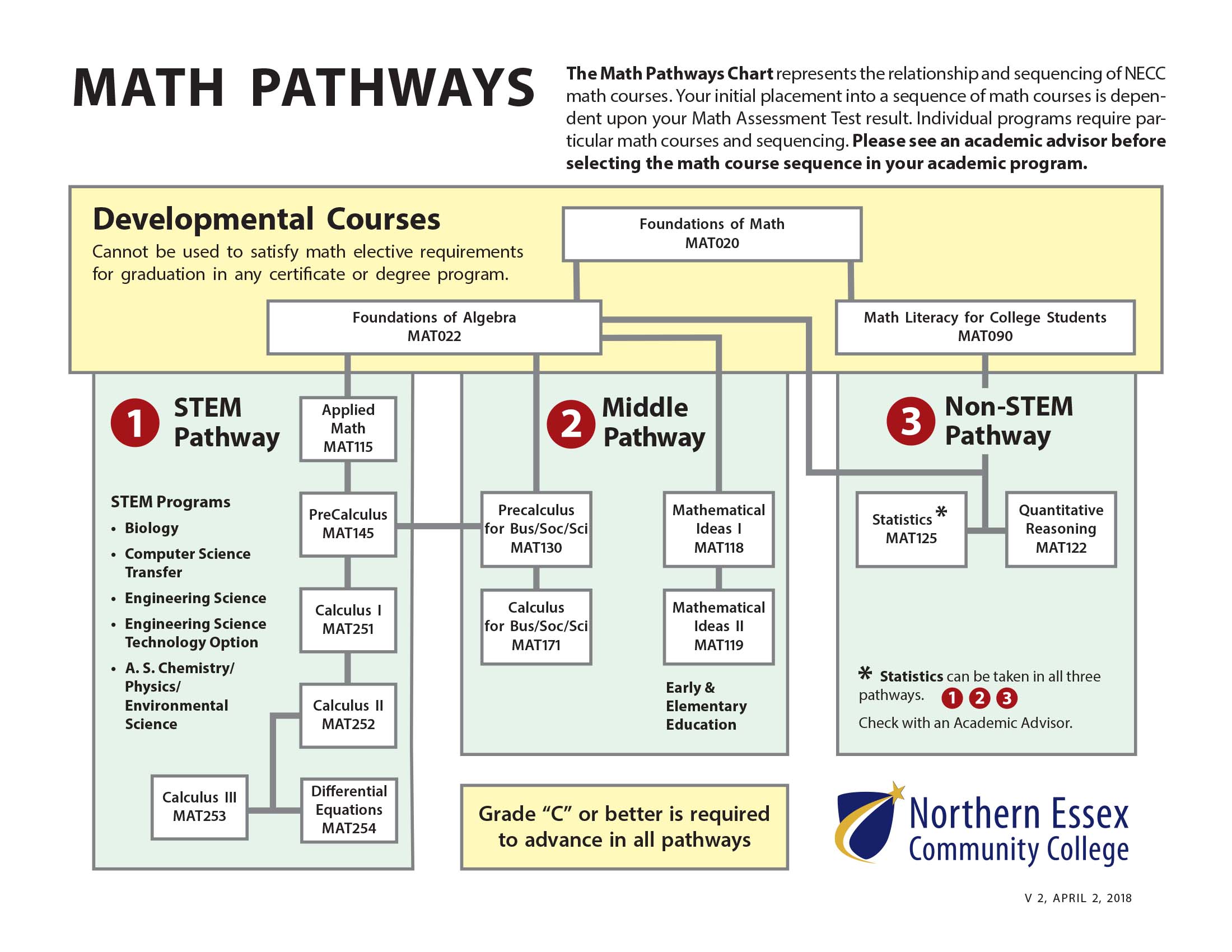
Introduction:
Alright, kindergarten teachers, let’s talk about mastering the art of early education. Teaching kindergarten isn’t just about ABCs and 123s—it’s about nurturing young minds, fostering curiosity, and laying a strong foundation for lifelong learning. In this guide, we’ll explore expert tips to help you excel and succeed in your kindergarten classroom.
Create a Warm and Welcoming Environment:
First impressions matter, especially for young learners. Create a classroom that feels like a second home—colorful, inviting, and filled with learning opportunities. Use fun and engaging decorations, cozy reading corners, and child-friendly furniture to spark excitement for learning.
Establish Clear Routines and Expectations:
Kindergarten thrives on routine and predictability. Establish clear daily schedules, transitions, and classroom rules. Consistency helps young children feel safe, secure, and ready to learn. Use visual cues, songs, or rhymes to make routines fun and easy to follow.
Engage Through Hands-On Learning Activities:
Young children learn best through hands-on experiences. Incorporate plenty of sensory activities, art projects, and interactive games into your lessons. Whether it’s exploring nature, painting with fingers, or building with blocks, hands-on learning sparks creativity and curiosity.
Foster Social and Emotional Development:
Kindergarten is a crucial time for developing social and emotional skills. Create opportunities for cooperative play, group activities, and discussions about feelings. Teach empathy, sharing, and problem-solving to help children navigate the social landscape of the classroom.
Promote Early Literacy and Numeracy Skills:
Reading and math readiness are key components of kindergarten learning. Integrate daily read-aloud sessions, literacy centers, and counting games into your curriculum. Encourage children to explore books, letters, numbers, and sounds through playful activities.
Individualize Learning for Diverse Needs:
Every child is unique, with different strengths, interests, and learning styles. Offer a variety of learning materials, centers, and activities to cater to diverse needs. Provide quiet spaces for introverted children and challenges for those who excel.
Encourage Curiosity and Inquiry-Based Learning:
Kindergarten is a time of wonder and curiosity. Encourage children to ask questions, explore, and discover through inquiry-based learning. Use open-ended questions, science experiments, and nature walks to spark their natural curiosity.
Build Strong Relationships with Students and Families:
Developing strong relationships with your students and their families is crucial in kindergarten. Take the time to get to know each child personally, listen to their stories, and celebrate their achievements. Communicate regularly with parents, sharing insights, updates, and resources.
Use Technology Thoughtfully and Purposefully:
Technology can be a powerful tool in the kindergarten classroom when used thoughtfully. Incorporate age-appropriate educational apps, interactive whiteboards, or multimedia resources to enhance learning experiences. Monitor screen time and ensure technology supports learning goals.
Embrace Professional Development and Collaboration:
Continuous learning is key to being an effective kindergarten teacher. Attend workshops, conferences, or online courses to stay updated on best practices and new trends in early education. Collaborate with fellow teachers, share ideas, and learn from each other’s experiences.
Conclusion:
There you have it, kindergarten teachers—expert tips for mastering the art of early education and achieving success in your classroom. By creating a warm environment, establishing routines, engaging through hands-on activities, fostering social-emotional skills, promoting literacy and numeracy, individualizing learning, encouraging curiosity, building relationships, using technology purposefully, and embracing professional development, you’ll create a vibrant and enriching kindergarten experience for your young learners. So, go ahead, implement these tips, and watch as your classroom becomes a place of growth, wonder, and joy! Read more about kindergarten tips for teachers







